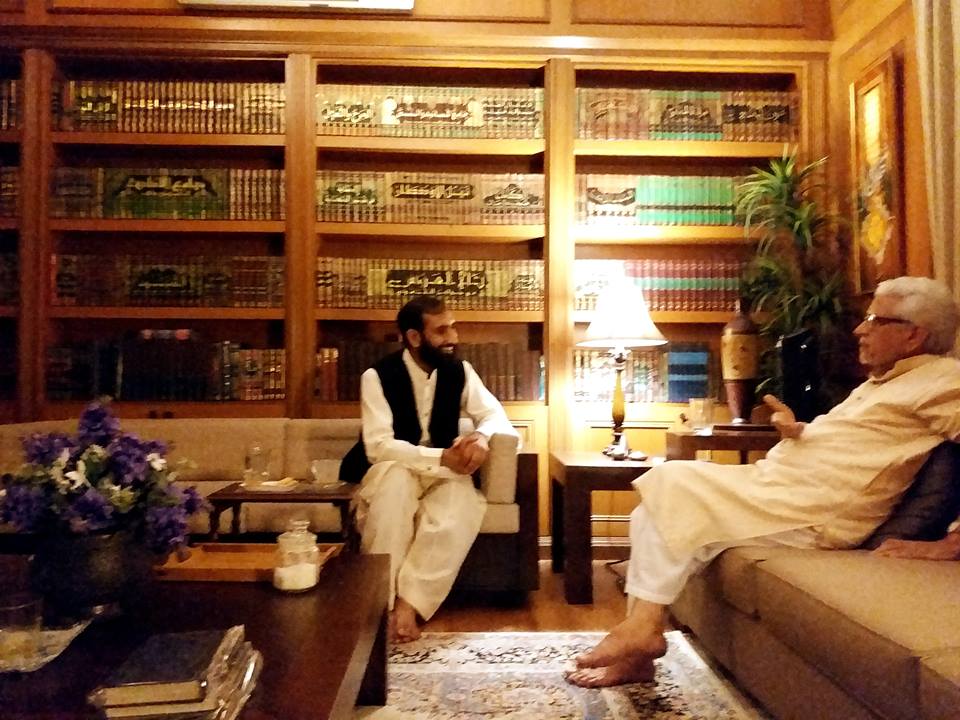In the realm of Islamic scholarship, few names shine as brightly as that of Javed Ahmed Ghamidi. Known for his profound insights into Islamic theology and jurisprudence, Mr. Ghamidi has made significant contributions to Deen e Islam. My recent meeting with this esteemed scholar in Malaysia was an experience that left an indelible mark on my intellectual and spiritual journey. In this article, I will share the highlights of our meeting and the invaluable wisdom I had the privilege of receiving.
The Setting:
The meeting took place in the serene surroundings of Malaysia, a country known for its cultural diversity and Islamic heritage. Over the course of approximately four hours, Mr. Ghamidi graciously shared his thoughts on various aspects of Islamic thought and jurisprudence, offering a unique opportunity to delve deep into matters of faith.
A Scholar’s Insights:
Mr. Ghamidi’s intellectual depth and scholarly acumen were evident from the moment we began our conversation. His ability to distill complex theological concepts into accessible language was truly remarkable. During our discussion, we explored a wide range of topics, from the interpretation of Islamic texts to the application of Islamic principles in contemporary society.
One of the key takeaways from our conversation was Mr. Ghamidi’s emphasis on the importance of contextual understanding when interpreting religious texts. He highlighted the need to consider the historical and social context in which the Quranic revelations were received, underlining the relevance of this approach in addressing contemporary issues.
The Scholar’s Hospitality:
Beyond the intellectual exchange, Mr. Ghamidi’s warmth and hospitality, as well as the kindness of his son-in-law Mr. Hasan Ilyas and their family, made the meeting even more memorable. Their generosity and welcoming spirit reflected the values of compassion and empathy often associated with Islamic teachings.
Gifts of Knowledge:
As a parting gesture, Mr. Ghamidi presented me with a valuable gift—the new edition of his books “Maqamat,” “Meezan,” and “Burhan.” These books represent a treasure trove of insights into Islamic jurisprudence and provide a comprehensive framework for understanding the faith. The significance of this gift extended beyond its material value, symbolizing the transmission of knowledge from one generation to another.
Conclusion:
My meeting with Javed Ahmed Ghamidi was not merely an intellectual exchange; it was a profound journey into the heart of Islamic scholarship. It reinforced the importance of engaging with scholars like Mr. Ghamidi to gain a deeper understanding of our faith and its applications in the modern world. I am grateful for the opportunity to have met this distinguished scholar and for the warm hospitality extended to me during my time in Malaysia. This encounter will continue to guide and inspire my academic and spiritual pursuits, serving as a reminder of the enduring richness of Islamic thought and the transformative power of knowledge.
